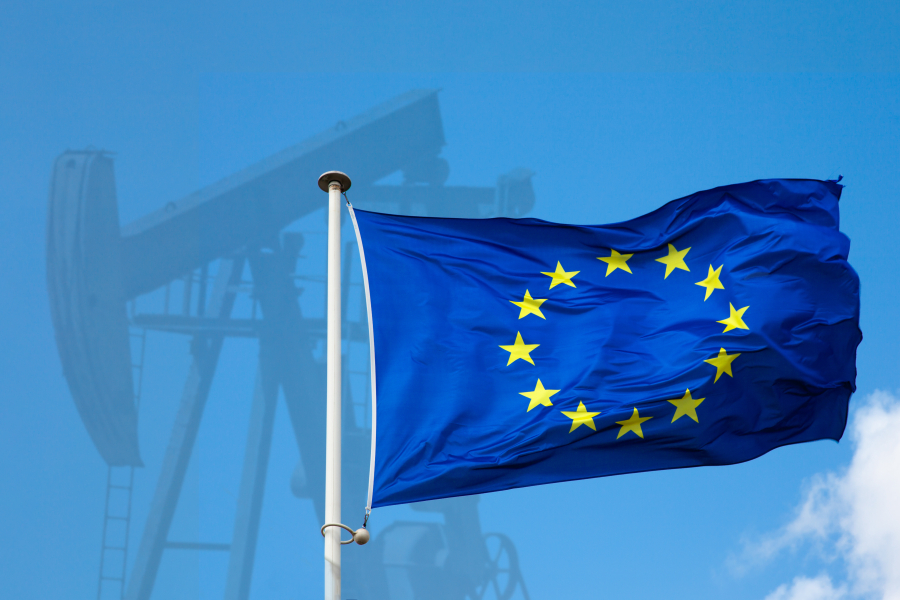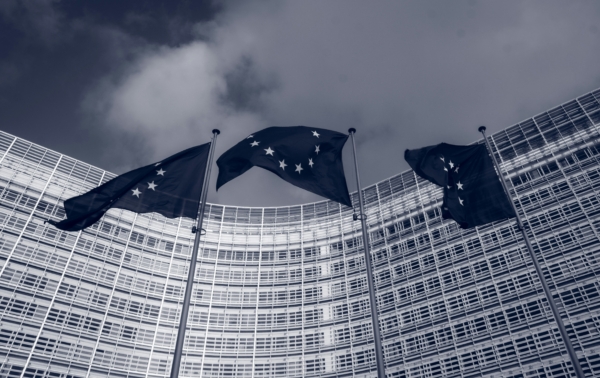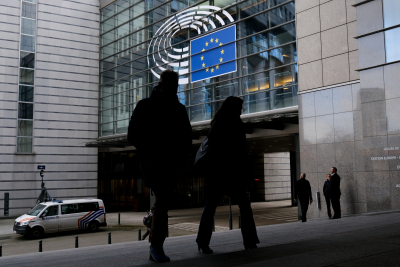Two separate reports by the anti-corruption NGO Transparency International EU (TI EU) and the Fossil Free Politics campaign reveal the scale of influence fossil fuel companies have over European decisionmaking.
Fossil fuel companies and their lobbyists have a track record of delaying, weakening and blocking climate action, while subverting energy policy in their own interests. The fossil fuel industry’s successful lobbying and direct opposition to climate policies designed to tackle global heating have hindered EU governments’ efforts to meet climate targets.
Recent climate-induced catastrophes like floods and heatwaves offer stark reminders of what is at stake if governments don’t act on lowering their carbon footprints to stay below 1.5 degrees of heating. But the past summer has shown they are failing and global temperatures are rising. European citizens and the climate deserve climate policymaking that protects their interests and cannot be subverted by companies that are looking to protect their profits. New findings by both organisations reveal the abject power fossil fuel companies and their affiliated networks wield over EU climate policymaking.
In particular, the TI EU report shows:
- With a network of over 50 declared organisations, more than 1000 meetings and a budget of almost 64 million euros, the seven largest fossil fuel companies in the world (‘Big Seven’) leverage their financial resources and organisational structures to amplify their lobbying. These numbers include any meetings held by the European Commission with one of the Big Seven or with an associated entity of which they are members.
- While oil giants are scaling back CO2 emissions targets, two thirds of these meetings concern Green Deal policy areas.
- The executives of the Big Seven oil companies sit on 16 out of the 45 boards of their associated Brussels-based networks, potentially shaping lobbying operations in 35% of these organisations.
- Over a third of the networks and business associations, of which at least one of the biggest seven oil companies were members, attended the COP28.
The Fossil Free Politics report shows:
- Under Ursula von der Leyen’s leadership, Commissioners and their cabinets had nearly 900 meetings with fossil fuel lobbyists, in the last four and a half years. That’s nearly once every working day for four and half years. This number includes 404 Meetings with fossil fuel companies, on any topic and 483 meetings with organisations with one or more fossil fuel company members, on climate and energy issues. This number even excludes 92 more meetings with renewable energy associations that have fossil fuel company members.
- Hydrogen was the biggest topic of conversation with a total of 67 meetings. Thanks to their successful lobbying of the industry, it is now a major lynchpin of the Commission’s energy transition plans. The hydrogen lobby has a strong cross-over with Big Oil and Gas and spends €75.75 million a year lobbying the EU institutions.
- The members of the 2019-2024 Von der Leyen Commission, who were meeting with oil and gas companies and their lobbyists the most were: Commissioner Kadri Simson, former Executive Vice-President for the European Green Deal/Climate Action Commissioner Frans Timmermans, Executive vice- president/ European Green Deal Commissioner Maroš Šefčovič, Transport commissioner Adina-Ioana Vălean, and Internal Market Commissioner Thierry Breton.
The fossil fuel industry has many tools in its toolbox to influence the European Commission, including revolving doors and forming industry expert groups. The two reports paint a frightening picture of EU climate policy getting stuck in the fossil fuel industry’s chokehold. EU policymakers must—if not for the sake of the planet, then for the citizens to whom they are accountable—demonstrate that they take their democratic mandates seriously and act upon the needs and interests of the citizens that elected them, not Big Oil’s unaccountable lobby.
TI EU and the fossil free politics campaign both call for stricter rules on lobbying. For the exact details and demands, see Transparency International’s EU’s report here and Fossil Free Politics’s report here.
Note: both reports used the same data accessed through the EU’s Transparency Register during the same time frame. However, TI and FFP employed slightly different methodologies, resulting in a discrepancy in the total number of meetings analysed. For a full overview, see TI EU’s methodology here and FPP’s methodology here.








